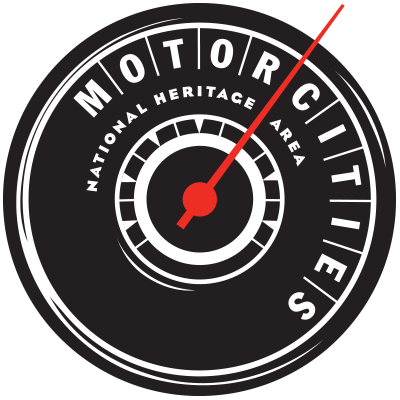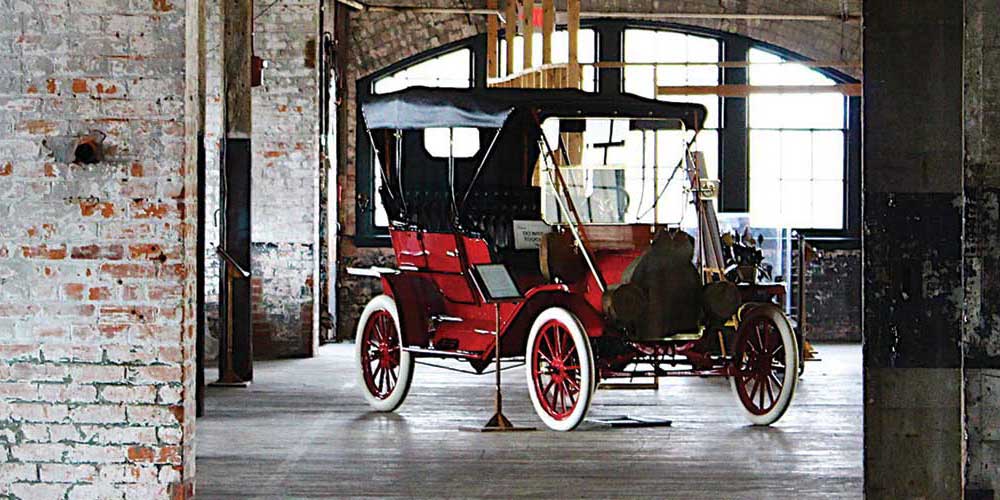By Robert Tate, Automotive Historian and Researcher
Images Courtesy of General Motors Media Archives
Published 9.9.2020
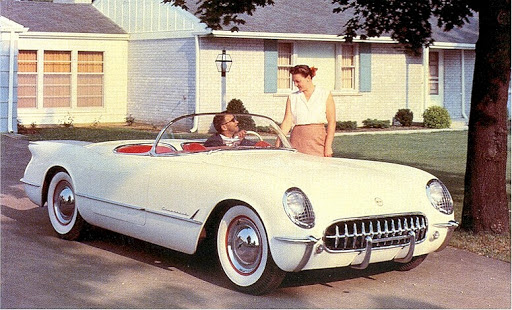 1953 Chevrolet Corvette color image (GM Media Archives)
1953 Chevrolet Corvette color image (GM Media Archives)
The 1953 Chevrolet Corvette will always be remembered as the first model of a great American sports car that many consumers admired. During the post-war era, Americans were buying European sports cars like the popular MG TD, which had 7,449 units registered in the United States in 1952. The Jaguar XK120 was also popular in the U.S. as well.
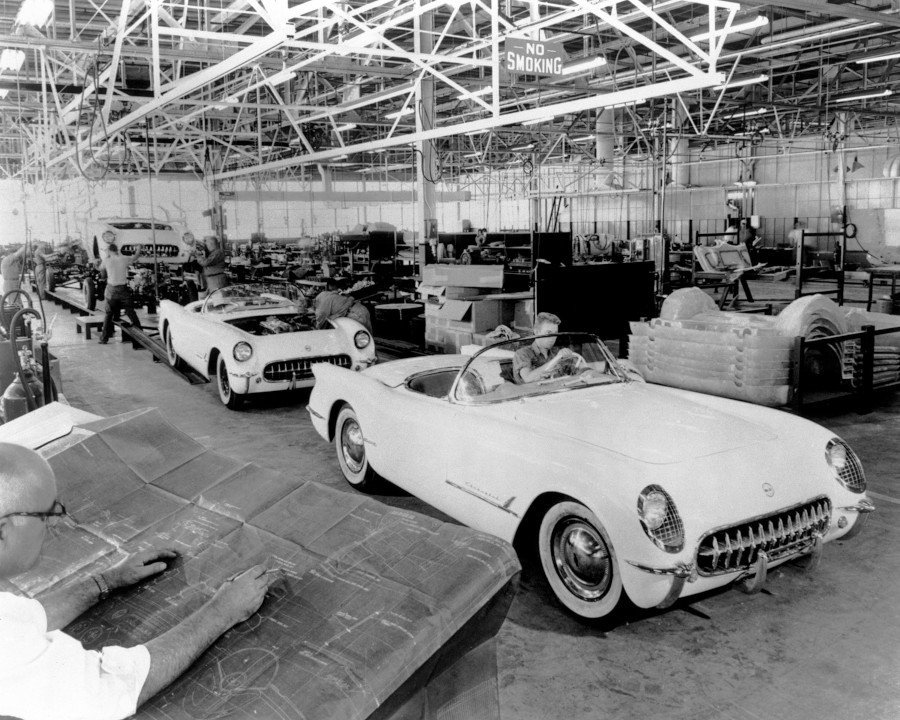 The first Corvette produced in Flint Michigan on June 30 1953 (GM Media Archives)
The first Corvette produced in Flint Michigan on June 30 1953 (GM Media Archives)
Harley Earl, the head of General Motors design, was behind the development of the 1953 Corvette. In 1951, Earl had been thinking seriously about developing a low-priced, sports car. At the start of the process, he assembled some great talent to make GM’s two-seater sports car a dream come true. The team included Vincent Kaptur, Sr., who headed body engineering; Carl Peebles, the draftsman who made many of Harley Earl’s ideas a reality; Bill Bloch, a clay modeler; Tony Balthasar; and a young engineer named Robert McLean, who laid out the unique chassis design.
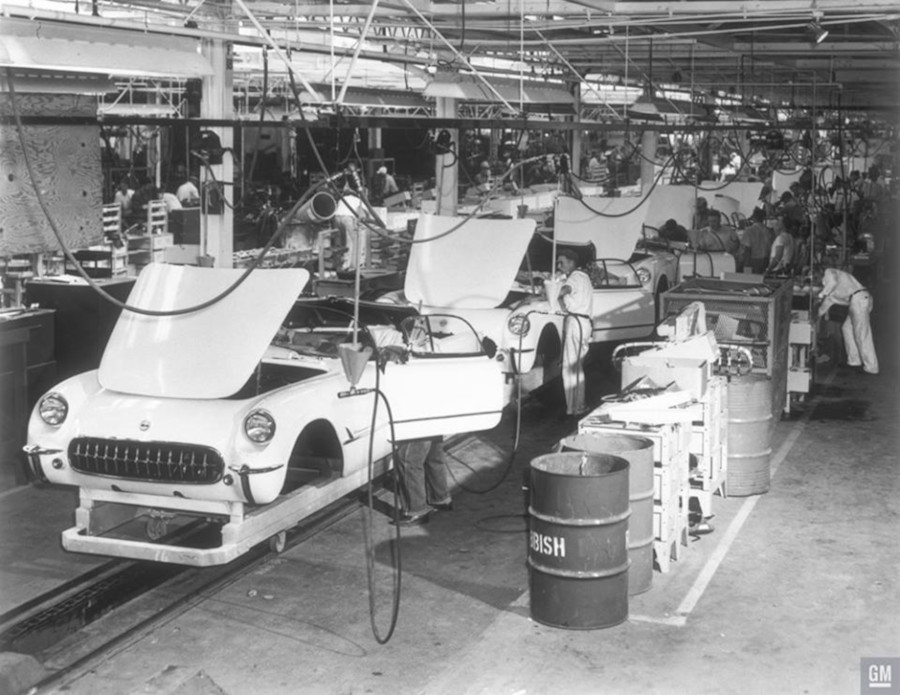 Corvettes coming down the St. Louis assembly line (GM Media Archives)
Corvettes coming down the St. Louis assembly line (GM Media Archives)
After the engineering and design team worked out a completed idea, it was announced that the body would be manufactured with fiberglass. In April 1953, Bob Morrison founded a new venture called the Molded Fiber Glass Body Company, who started planning and building a 30,000 square foot plant to manufacture the parts Chevrolet needed for the Corvette body assembly. The first production Corvette models were composed of a relatively large number of separate GRP parts because the Chevrolet engineers had planned manufacturing by the matched-metal die process.
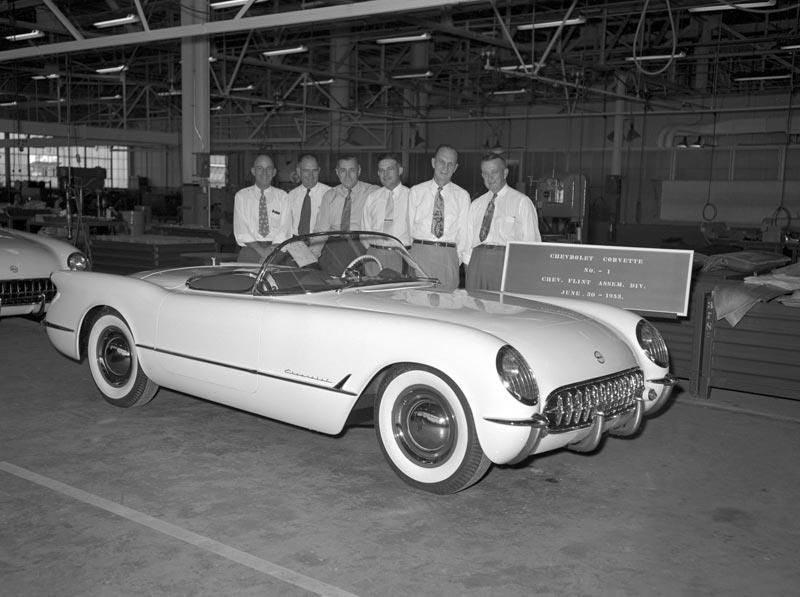 GM staff pose with first Corvette produced in Flint (GM Media Archives)
GM staff pose with first Corvette produced in Flint (GM Media Archives)
The 1953 Corvette, a great looking two-seater, became America’s first fiberglass mass-produced sports car. A total of 300 units were produced that first year. The first Corvette model came off the line in Flint, Michigan on June 30, 1953 before production moved to the Chevrolet plant in St. Louis, Missouri in December 1953.
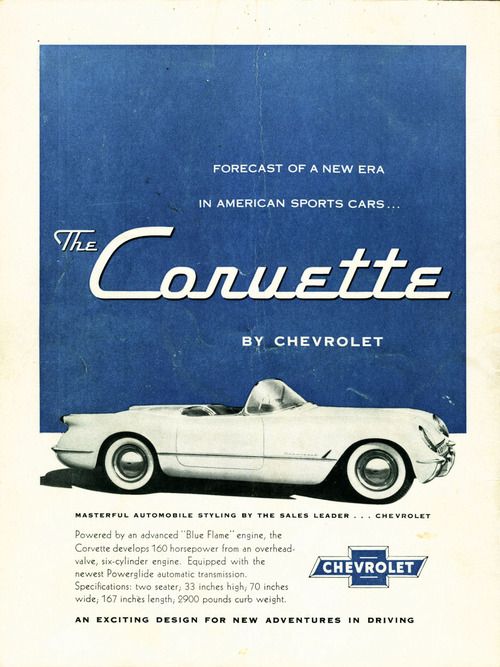 1953 Corvette ad (GM Media Archives)
1953 Corvette ad (GM Media Archives)
Earl and others were busy finalizing ways to have the new Corvette featured at GM’s annual Motorama car show for the media and public to see and review. The display model was manufactured in Polo White with Sportsman red seats that looked great. The Motorama show was a huge success, with GM receiving inquiries from all over the world about when the Corvette will be available to the public and at what cost. After the approval of GM President Harlow Curtice, the Chevrolet Corvette would go into production as soon as possible.
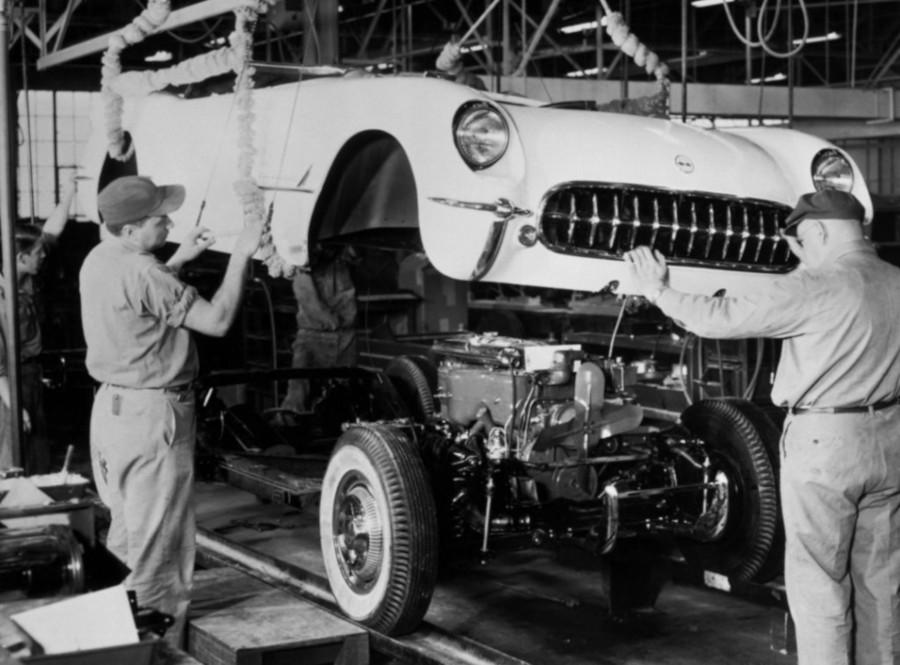 Workers attach a body to a chassis for a 1953 Corvette (GM Media Archives)
Workers attach a body to a chassis for a 1953 Corvette (GM Media Archives)
The 1953 Corvette models were fundamentally handmade with Chevrolet Bel Air wheel covers, along with whitewall tires, a complete instrument panel with an electric clock, a 5000-rpm tachometer and several other features. All the Corvette models were equipped with two inside hood releases at the two lower corners of the instrument panel. Sports car fans liked the Corvette, but unfortunately had to wait in line to purchase one.
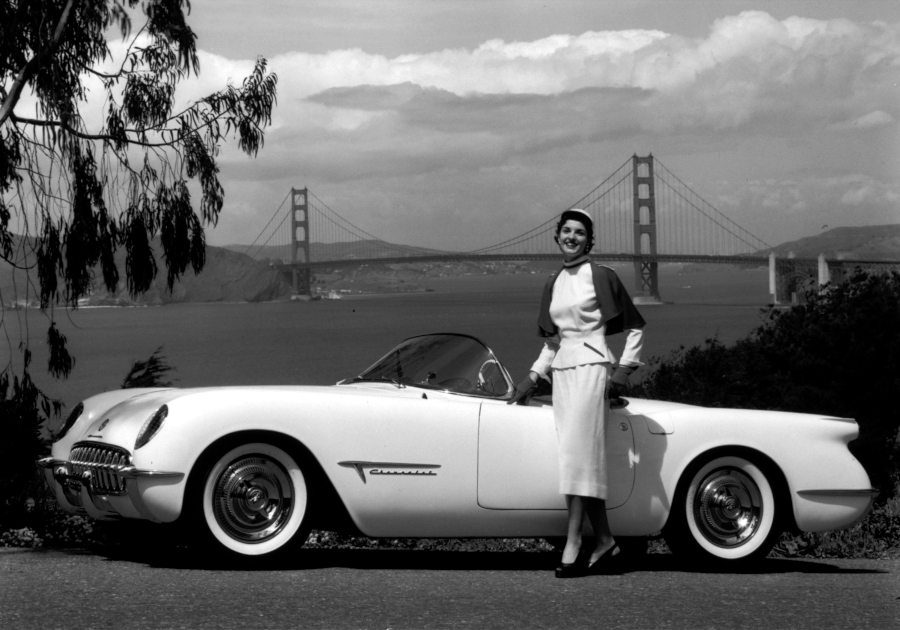 1953 Chevrolet Corvette promotional photo (GM Media Archives)
1953 Chevrolet Corvette promotional photo (GM Media Archives)
In conclusion, the 1953 Chevrolet Corvette was a great looking sports car that many Americans really enjoyed. It offered many great features that included the new wrap windshield along with a two-seat interior. The model sold for $2,943, which was a lot of money at that time. The Corvette was America’s first and only successful fiberglass sports car. A simple managerial decision to have a sports car in the Chevrolet lineup was all it took to get the project in motion, paving the way for more Corvette models for future generations to come.
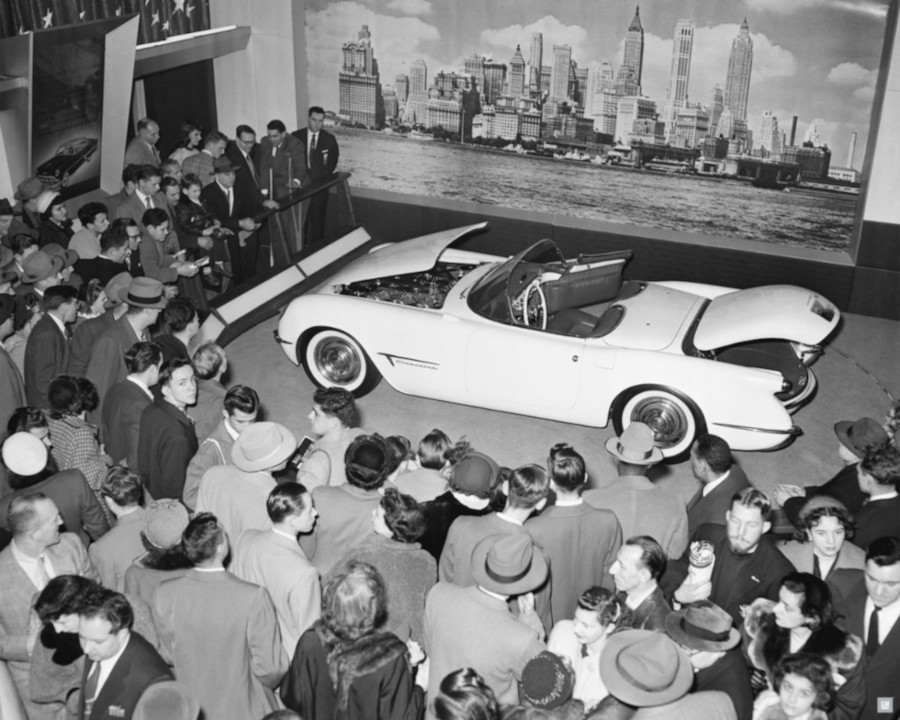 The 1953 Chevrolet Corvette on display at the Motorama Show (GM Media Archives)
The 1953 Chevrolet Corvette on display at the Motorama Show (GM Media Archives)
Bibliography
Ludvigsen, Karl. “Corvette, America’s Star-Spangled Sports Car: The Complete History.” Automobile Quarterly, 1973.
Chappell, Pat. “The Hot One, Chevrolet: 1955-1957.” 1977.
By the Editors of Consumer Guide. “Corvette: America’s Only True Sports Car.” 1979.

